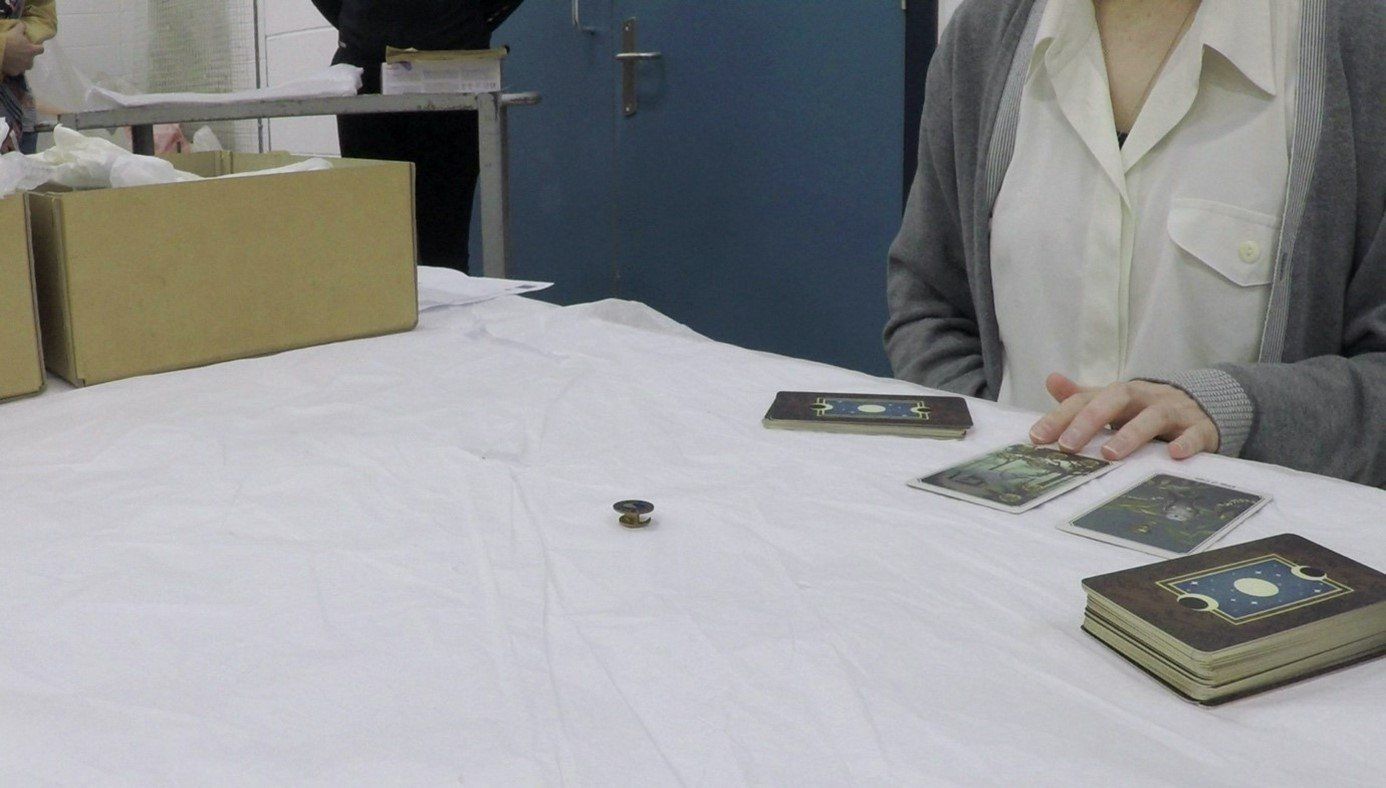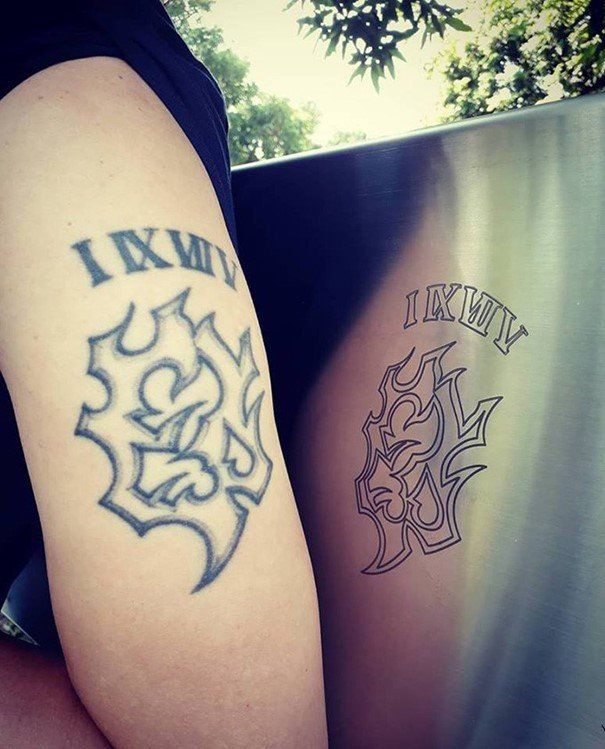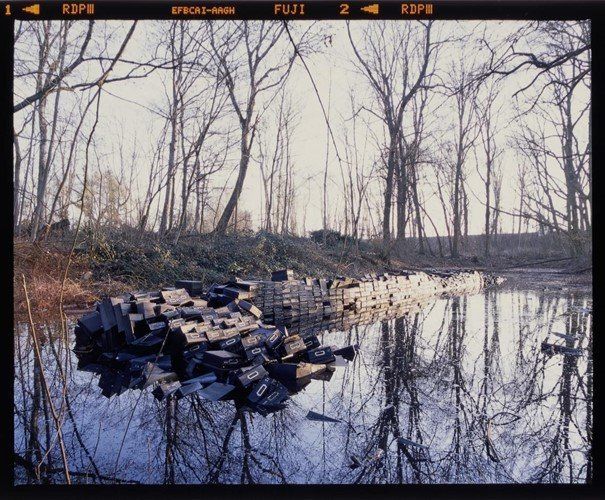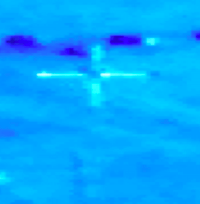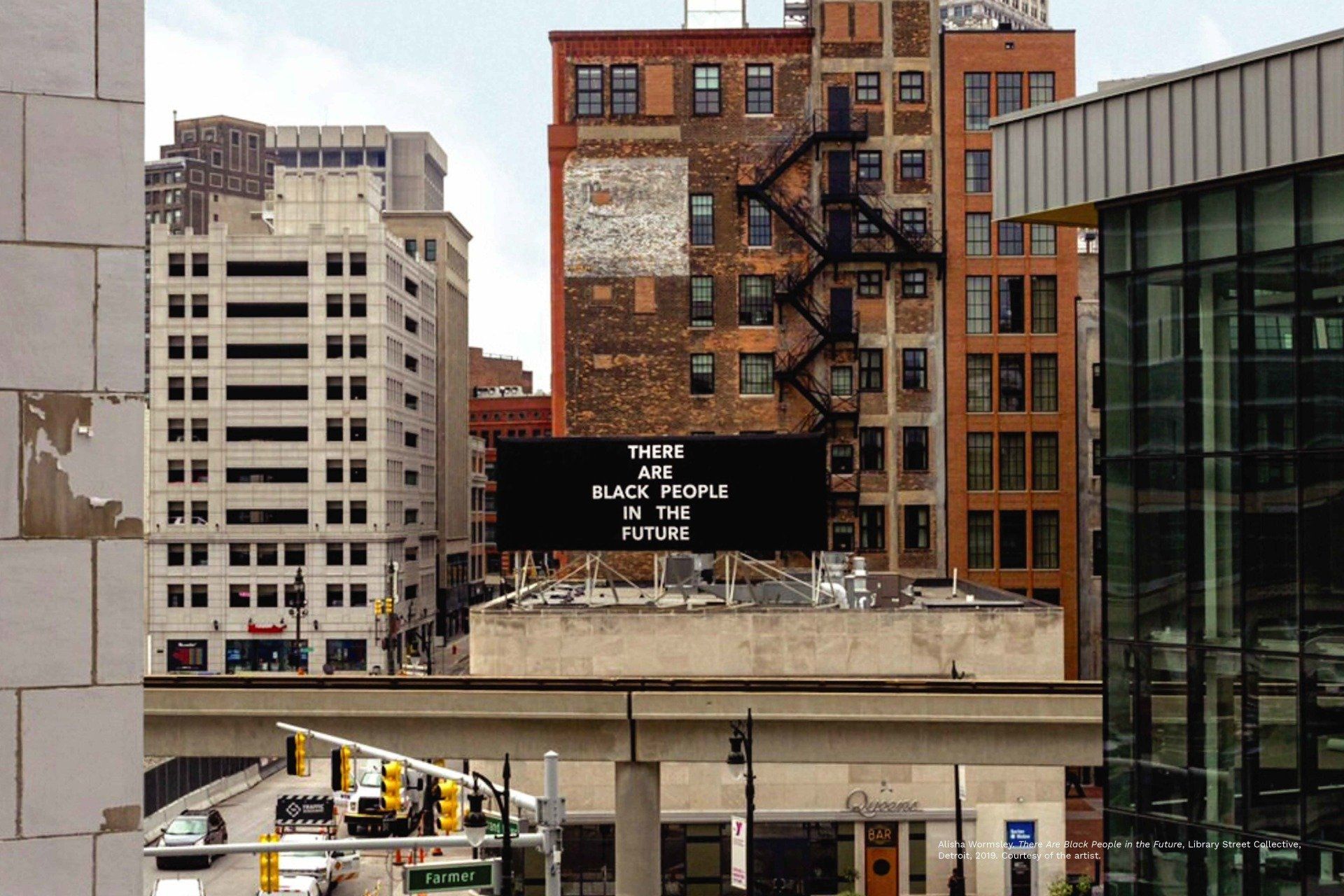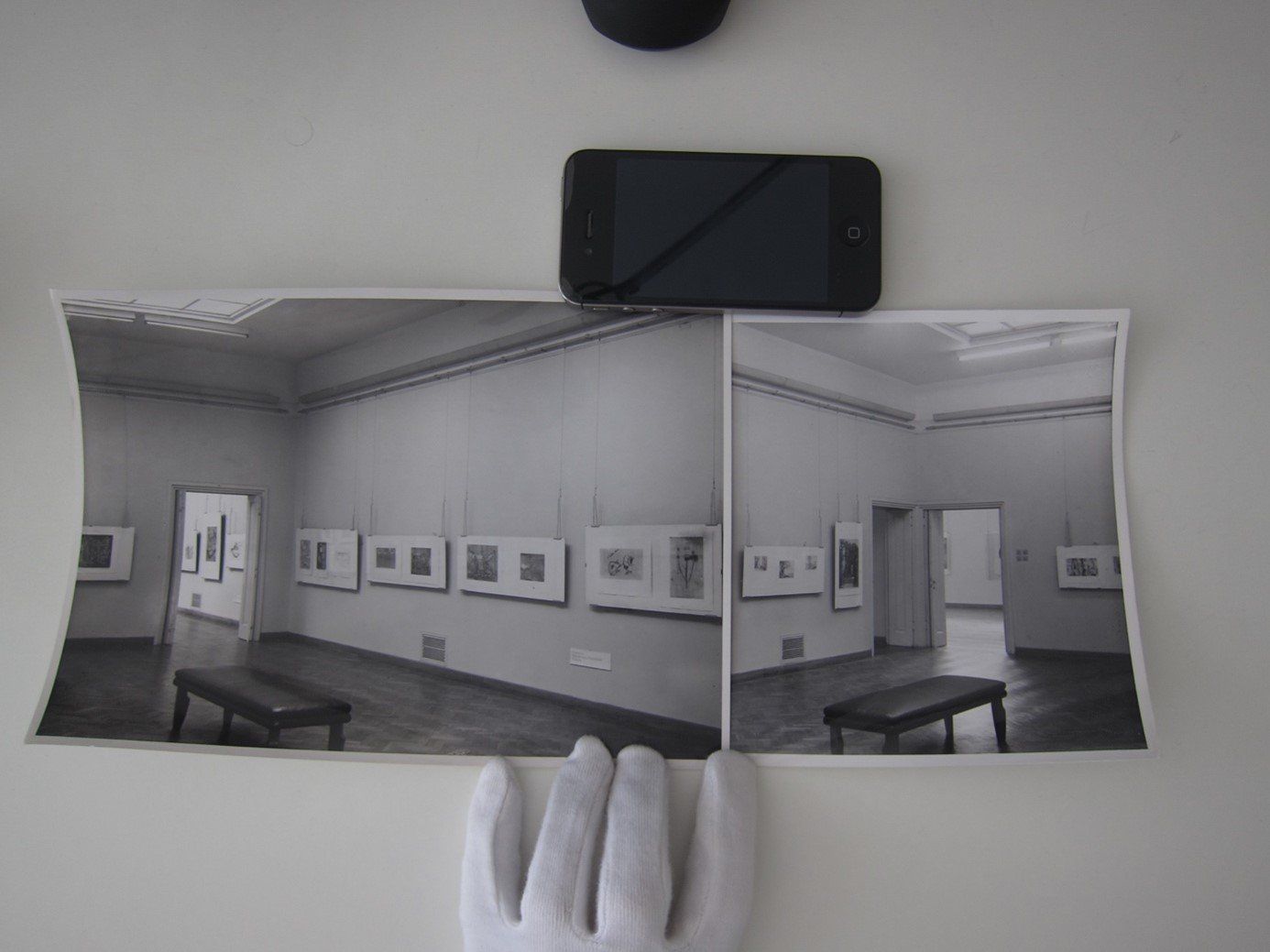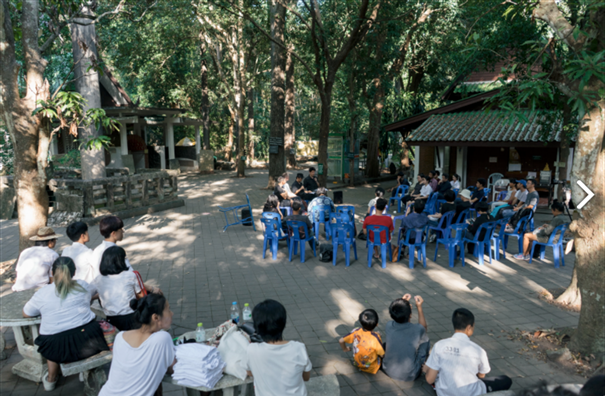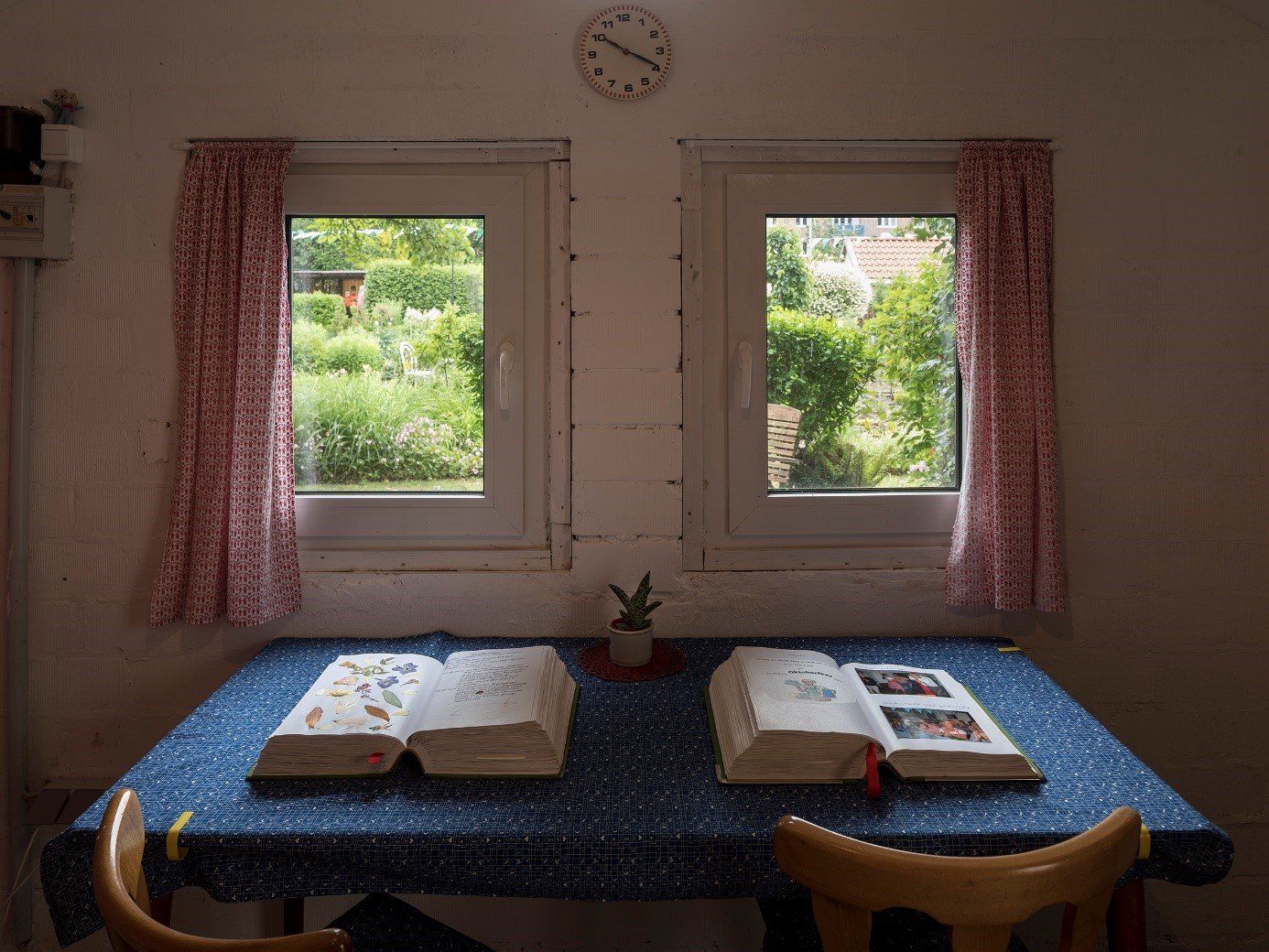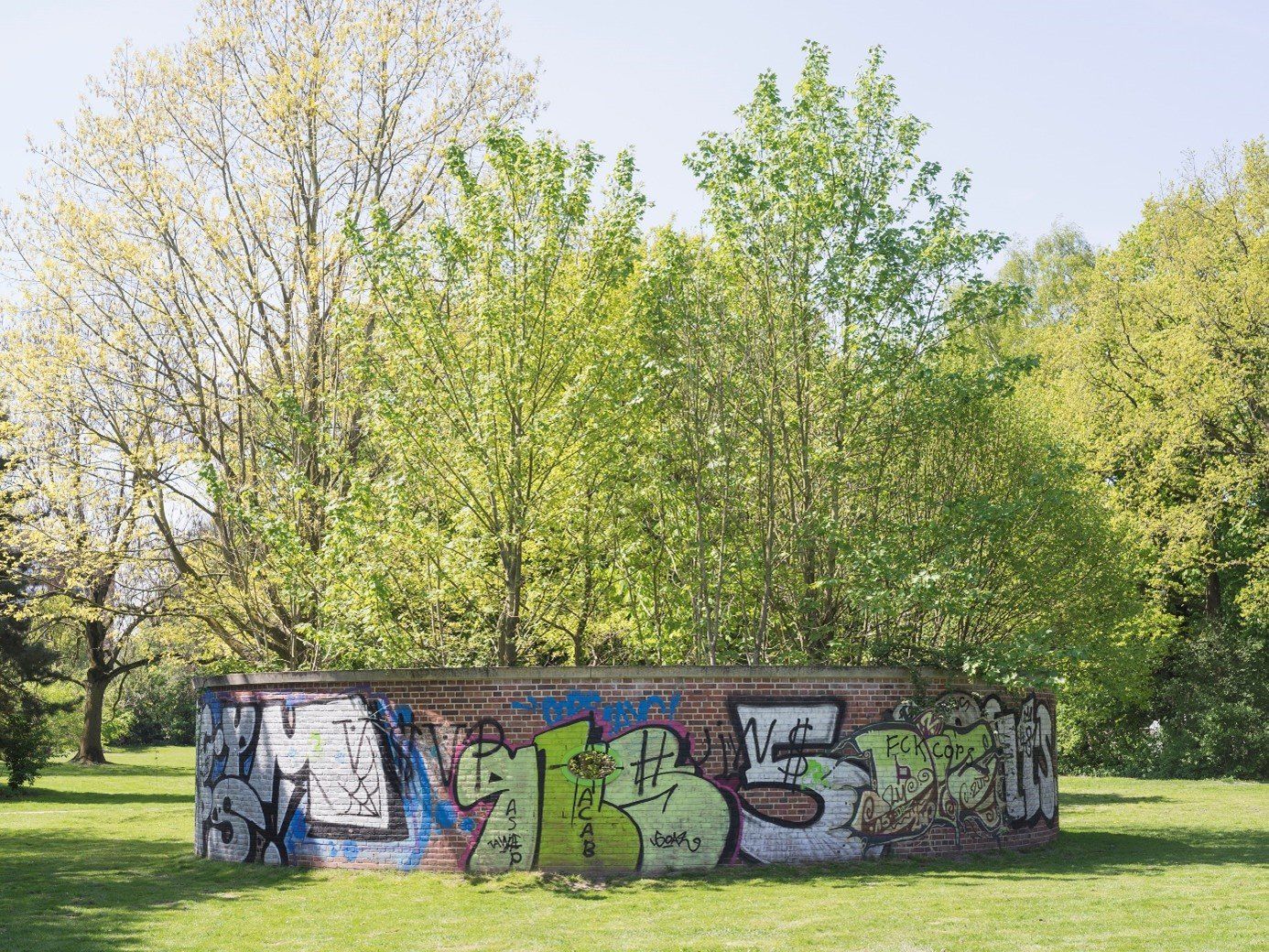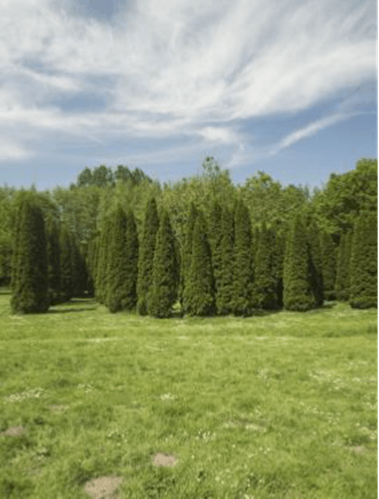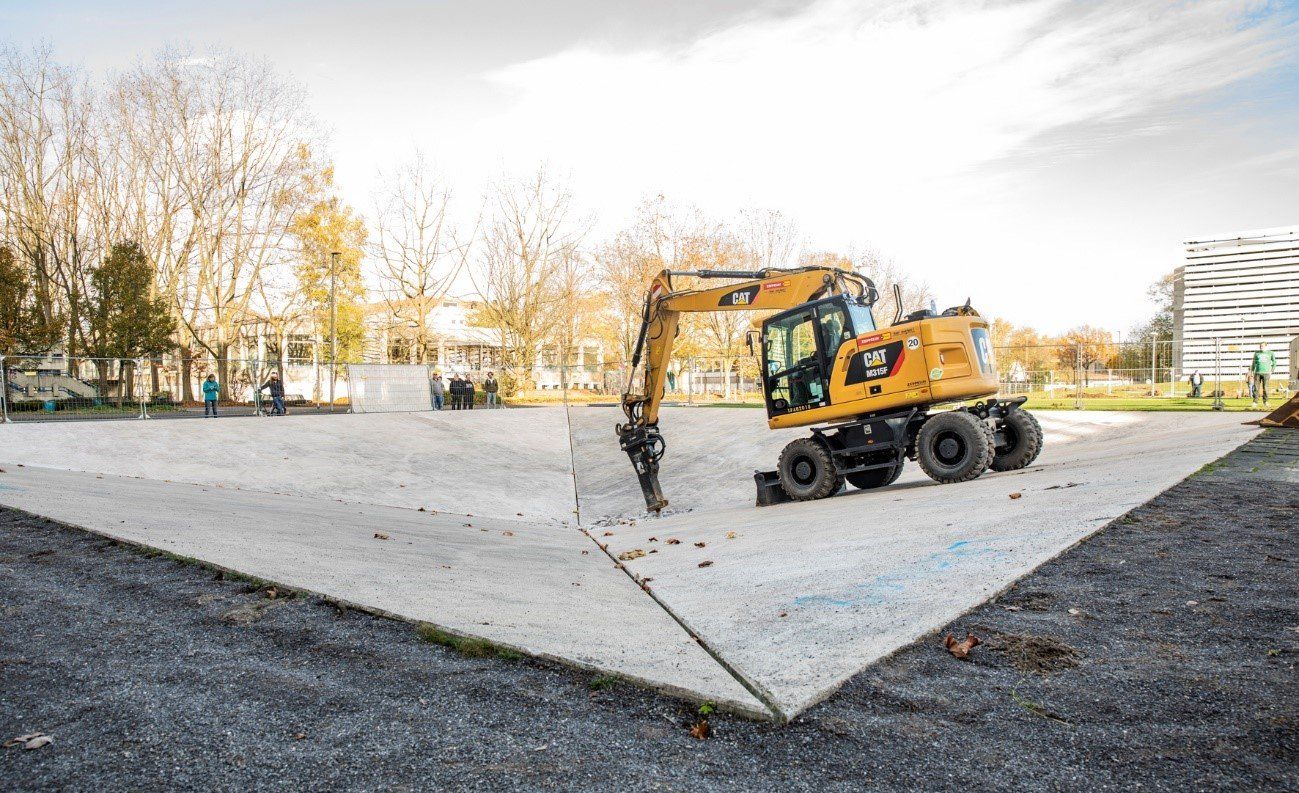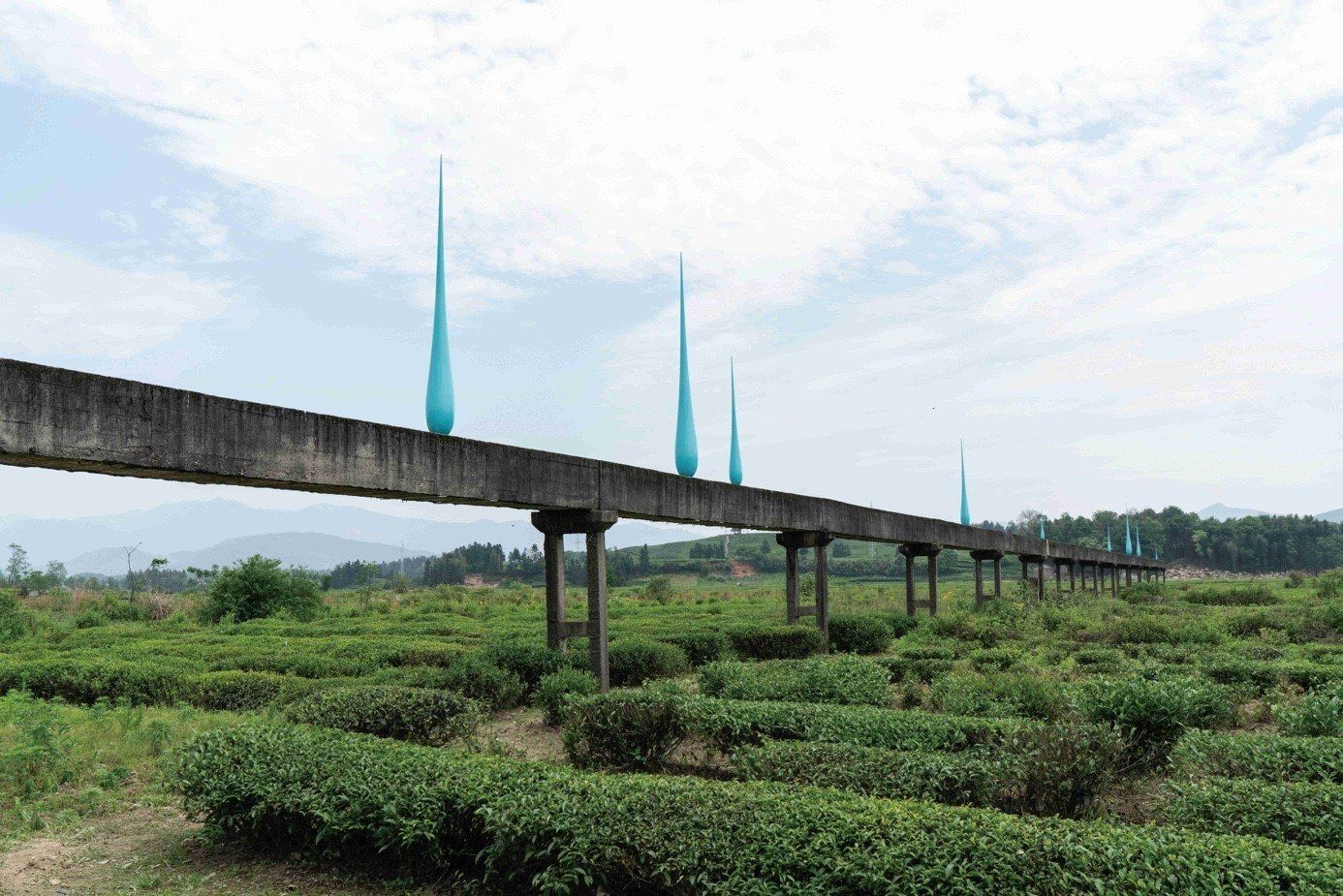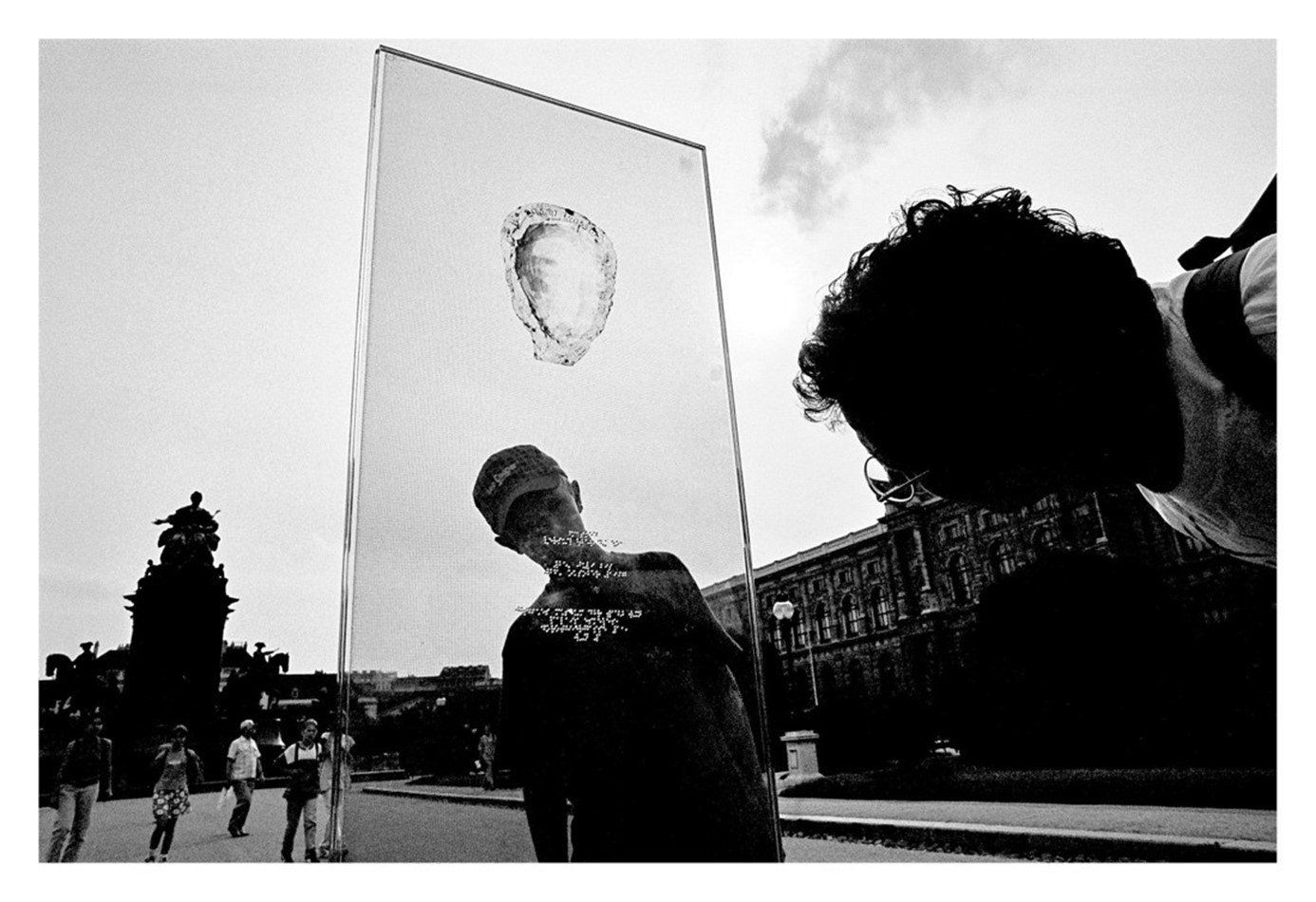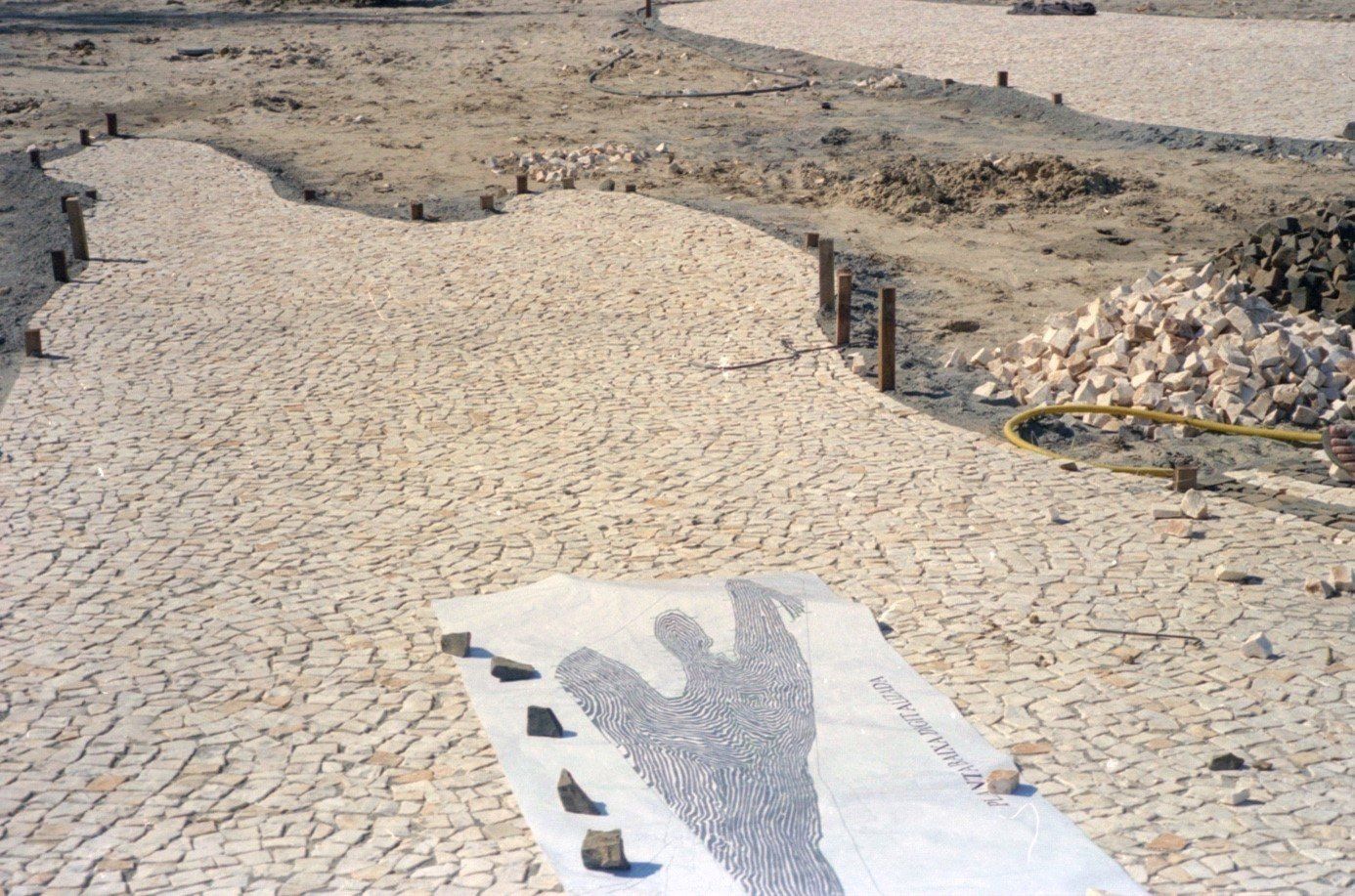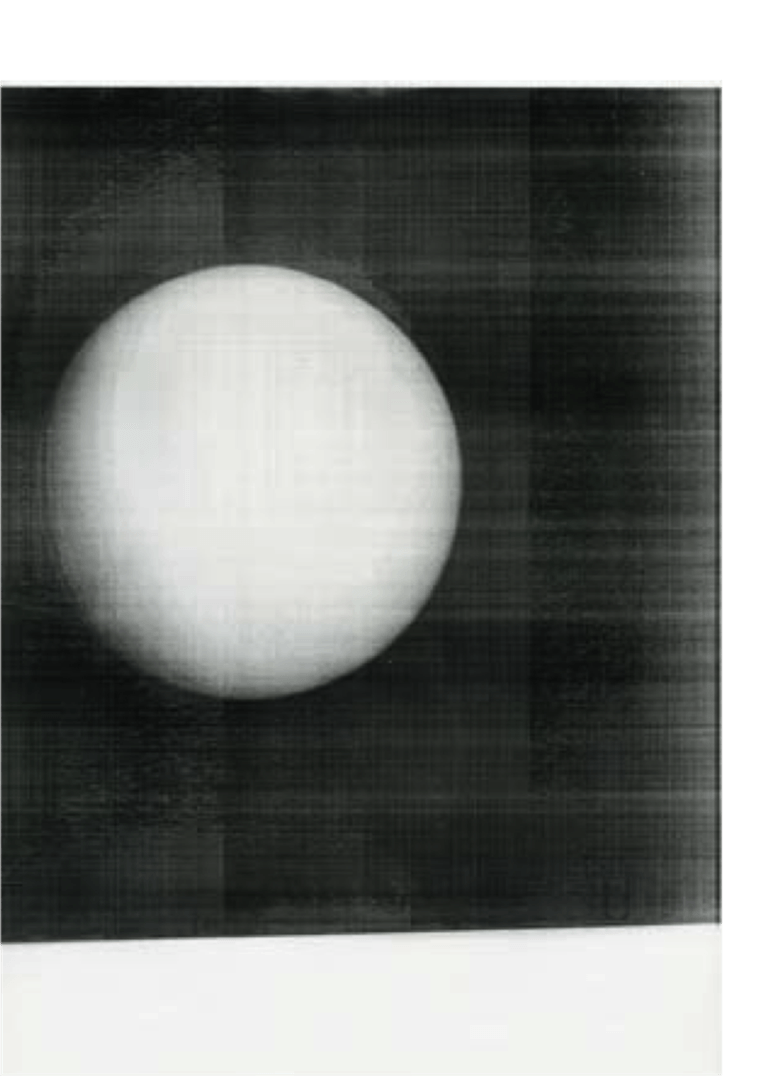RESISTANT ARCHIVES
Global Perspectives on the Archive as PUBLIC MATTER
Thursday, October 21 and Friday, October 22, 2021
Impulse Symposium at the University of Münster (Germany)
in collaboration with the Skulptur Projekte Archives | LWL Museum of Art and Culture Münster
The Impulse Symposium is funded by the Volkswagen Foundation as part of the research project The Skulptur Projekte Archives Münster. A Research Institution for Scholarship and the Public (2017–2020).
Maria Engelskirchen (WWU), Marie Friedrich (WWU), Ursula Frohne (WWU), Corinna Kühn (WWU), Marianne Wagner (LWL Museum of Art and Culture)
This symposium addresses the archive as a resistant cultural practice. Neither preservation nor the desire to fetishize the past are primary concerns for the archival impulse. Instead, the archive is seen as a site of interaction and a “grid” that shapes new perspectives on the present through the past. From this point of departure, the symposium explores the contested concept of the archive as it is experienced today between analogue and digital techniques, between de-colonizing imperatives and legal restrictions, between sustainability demands and the rethinking of exhibition formats in a state of transversal movement and constant flux. Within this scope of claims, the symposium draws upon discourses that understand the archive as “a shared place,” as conceived by Ariella Azoulay. It underscores the claim of a pluralistic public to use the archive as a tool to make accessible the otherwise ‘liquidated’ narratives, suppressed by sovereign regimes “that serve the archive’s sovereign” (Azoulay 2017). At stake are archival practices that challenge ruling protocols through the documentation of material and ephemeral cultural moments that have been pushed to the margins. Such archival methods operate as an historical index and establish antagonistic public spheres.
Artist Talks
Click on the image to see the video:
Christine Borland & Cat Auburn
I Say Nothing: Speaking with Objects in the World War One Holdings at Glasgow Museums Research CentrePhilipp Goldbach
The Moving ArchiveKeynotes
Click on the image to see the video:
Talks
Click on the image to see the video:
IMPRESSUM:
Prof. Dr. Ursula Frohne
Institut für Kunstgeschichte
Westfälische Wilhelms-Universität
Domplatz 23
D-48143 Münster
Tel.: +49 / (0)251 / 8324481
Fax: +49 / (0)251 / 8324538
corinna.kuehn [ @ ] uni-muenster.de
Die Westfälische Wilhelms-Universität Münster ist eine Körperschaft des öffentlichen Rechts und zugleich eine Einrichtung des Landes Nordrhein-Westfalen. Sie wird vertreten durch Rektor Prof. Dr. Johannes Wessels.
Zuständige Aufsichtsbehörde ist das Ministerium für Innovation, Wissenschaft, Forschung und Technologie des Landes Nordrhein-Westfalen.
Umsatzsteuer-ID-Nummer: DE 126118759
Redaktionell verantwortlich gemäß §10 MDStV:
Prof. Dr. Ursula Frohne
Institut für Kunstgeschichte
Domplatz 23
D-48143 Münster
Dieses Impressum gilt für die Informationsangebote des Instituts für Kunstgeschichte der Westfälischen Wilhelms-Universität im Internet, die über die URL http://www.resistant-archives.de erreichbar sind und durch den Vermerk "© 2022 RESISTANT ARCHIVES - Institut für Kunstgeschichte" gekennzeichnet sind.
Proofreading: Sarah McGavran
Background Image: Philipp Goldbach: Image Cycle, Medium format slide projection, 2021. Installation view of 3,906 archive boxes decommissioned during the relocation of the Rheinisches Bildarchiv, Cologne. Park of Burg Lede, Bonn. © Philipp Goldbach / VG Bild-Kunst, Bonn 2022
Prior written authorization must be obtained from Philipp Goldbach for any use.
Other Images and Photography are Copyright by the respective Artists as provided on the individual Pages.
>> Disclaimer
Contact
